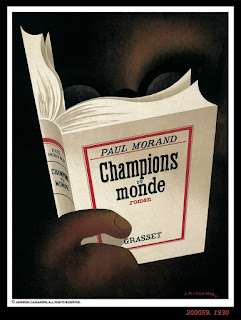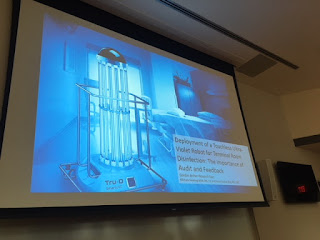 |
| L-R: Michelle Doll MD, MPH and Nadia Masroor, MPH |
For years we have had a hand hygiene direct observation monitoring program at VCU Health -a strategy which is common place in North America. We have begun the deployment of a wireless, blue tooth based hand hygiene technology badge carried by individual healthcare workers (nurses, care partners, residence and attending physicians). This technology allows us to track hand hygiene - as measured by foam in and foam out of patient rooms at the individual and group level. As with nearly all hand hygiene monitoring there are inherent limitations- this does not capture all 5 moments for HH as defined by WHO. So far, two hospital units are near completion of the 1st phase. The house wide deployment will roll out in a step-wedged design over the course the next 18 months.
The volume of data is extraordinary. Whereas the the hand hygiene monitoring team captured roughly 35,000+ hand hygiene opportunities per year, our technology has thus far captured > 90,000 in 8 weeks in two units. Dr. Doll and Nadia Masroor are leading the project.
This technology does not represent infection control salvation, and, as with everything, the decision to employ it is subject to an opportunity cost. The new technology, however, will allow us to promote and track hand hygiene more vigorously, a step towards greater reliability in safety.
More to come.


































